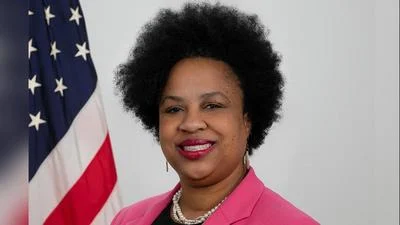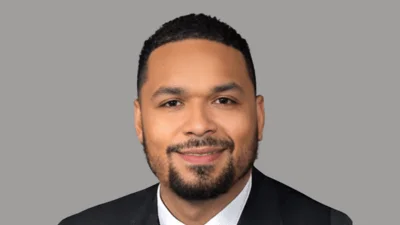Ralph Mantica President at Ohio REALTORS | LinkedIn
Ralph Mantica President at Ohio REALTORS | LinkedIn
At the recent Ohio REALTORS Annual Convention & EXPO in Cleveland, a legislative update session drew significant attention from members. The session featured government affairs staff Andrew Huffman and Veronica Cardello, who provided insights into ongoing policy developments at both the state and local levels that impact real estate professionals across Ohio.
During the session, Huffman and Cardello outlined efforts by Ohio REALTORS to advocate for property rights, increase housing access, and support the real estate industry. Among the state-level issues discussed was progress on wholesaling reform. Two bills are advancing that aim to protect homeowners—particularly seniors—from practices resembling unlicensed real estate activity.
Ohio REALTORS is also working with lawmakers to prevent overly restrictive local bans on short-term rentals while supporting regulations that address community needs. Legislative measures regarding foreign ownership of property have received attention, with protections for REALTORS included in pending bills in both chambers of the legislature. Additionally, new legislation seeks to strengthen laws against fraudulent leases and protect property owners from squatting.
Despite a gubernatorial veto on certain property tax reforms, Ohio REALTORS continues its advocacy to halt unvoted tax increases, clarify levy language for voters, and provide relief for residents on fixed incomes.
The recently passed budget bill (HB 96) contained several REALTOR-supported provisions beyond standard appropriations. These include $125 million allocated for new housing development initiatives, a revolving loan fund targeting rural infrastructure projects, grants for communities near major employment centers ready to build housing, and closing loopholes related to property valuation challenges by political subdivisions.
On the local front, Cardello highlighted several achievements:
- In Shaker Heights, point-of-sale inspection requirements were rolled back.
- Columbus REALTORS led a consumer education campaign on wholesaling and opposed a rent control proposal.
- Dayton REALTORS worked with communities on zoning reforms using data-driven approaches.
- The REALTOR Alliance of Greater Cincinnati improved access for first-time homebuyers by reforming administrative aspects of down payment assistance programs.
- In Kirtland, collaboration with city council resulted in pausing a proposed ban on short-term rentals while alternative solutions are explored.
- Cleveland advanced new zoning frameworks aimed at supporting infill development and mixed-use areas.
- Columbus implemented its “Zone In” overhaul to unlock additional housing capacity through rezoning.
- Cincinnati continued work on its “Connected Communities” initiative to expand housing options.
- Cleveland Heights updated zoning codes concerning parking and site design standards.
- Springfield adopted an updated zoning code—the first since 2001—to modernize development guidelines.
- South Euclid and nearby suburbs removed barriers in single-family zoning to facilitate more infill housing.
A new resource called the Housing Ohio Toolkit has been developed in partnership with the Greater Ohio Policy Center. This toolkit provides practical materials—including pre-approved building plans—to help communities navigate infill development or zoning reform while reducing costs associated with design and permitting.
Huffman concluded that these efforts demonstrate how "REALTORS are in the room, and at the table, when decisions are made."
Those interested in regular updates about advocacy activities can sign up online.






 Alerts Sign-up
Alerts Sign-up